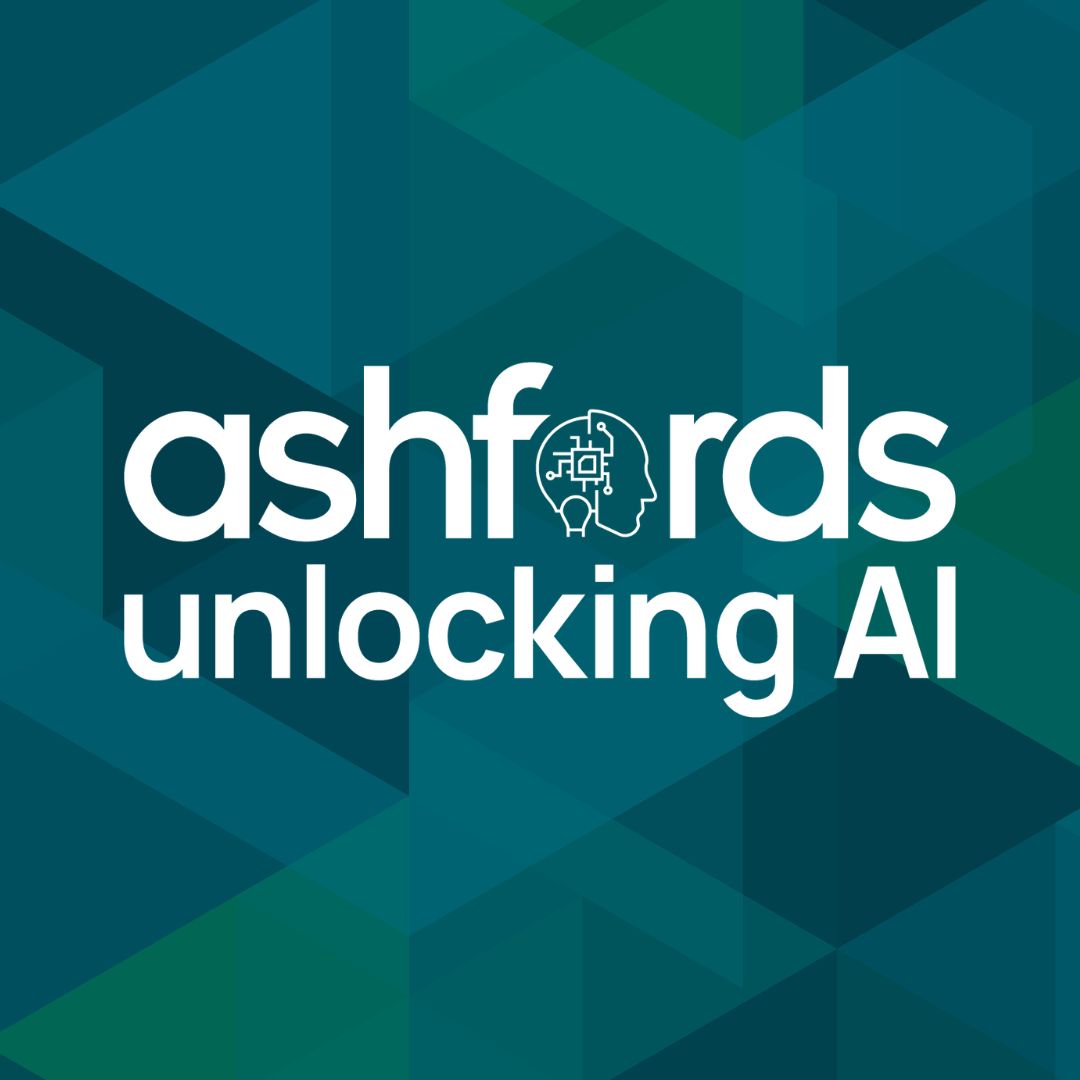AI and private equity due diligence - there are many benefits and opportunities, but these can come with risks. This article breaks down the facts.
The nature of private equity investment is that, unlike venture capital investment that tends to focus on emerging companies, private equity firms and their portfolio companies invest in much more established businesses. With that, comes a different approach to due diligence (DD).
Private equity investment provides an opportunity to drive value in a company. With this in mind, an AI tool could analyse third party data and produce a set of results that provides a more comprehensive picture of how a company is performing in the market. An example would be a theme park, where the operating company may only track basic information about the number of visitors. An AI tool could analyse indirect information about the theme park and its reviews and help provide solutions to increase the number of visitors, purchases of season tickets, not to mention use of the park’s catering facilities and other revenue generating resources. This both increases the value of the theme park in terms of operating profits and improves return on value for the private equity firm.
Another advantage of using AI tools in private equity DD would be to sift through the many potential investments that private equity firms come across and make an informed decision. The data-driven review process undertaken by an AI tool could in particular be used to reduce regulatory risk for a private equity investor – analysing relatively fixed regulatory requirements against a large data-set would be an obvious strength of an AI tool.
AI algorithms could also be utilised in private equity DD to assist private equity investors with the management of their own portfolios. AI-driven technology has the ability to standardise conditions and policies across a portfolio. This could allow the private equity firm to review and report on performance and improve information sharing, whilst also adding to an enhanced level of compliance of legal obligations.
The use of AI tools in private equity DD still faces the issue of risk and the degree to which we can rely on the information produced by AI is still uncertain. Heavier reliance may need to be placed on predictive coding, so that we can train AI to narrow the scope of its searching to specific sources. We may otherwise be left with results from indirect information sources that deviate into less accurate information or answers that aren’t relevant, ultimately requiring users to revert back to a manual review of the information analysed.
Legal DD at private equity stage is fundamental to ensuring a drive in value of a company. However, this may need to be undertaken by restructuring the workforce, navigating a change of control provision in a supplier contract or seeking an exclusive purchase agreement. Given the regulatory and compliance obligations and repercussions of missing a key contract provision, such as a change of control clause - the risk level in using AI tools to review data of this nature and relying on it to produce an achievable commercial outcome may be just too high.
If you are interested in how AI will change business and the law, visit and bookmark our Spotlight AI hub for more AI insights. The Hub brings together commentary from Ashfords’ experts, our clients and our contacts across a wide range of areas; looking at how AI might impact as its use evolves.
Please do also get in touch if there are any specific areas related to AI that you’d be interested in hearing more about.
Visit our AI spotlight area